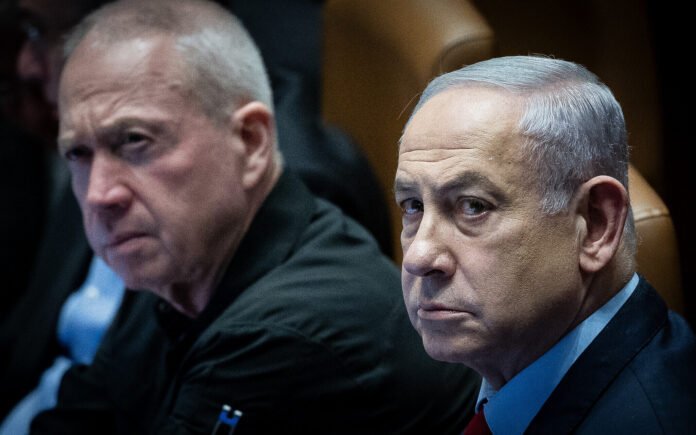Nottingham, Nov 23: The International Criminal Court (ICC) has issued arrest warrants for Israeli Prime Minister Benjamin Netanyahu, former Defence Minister Yoav Gallant, and Hamas leader Mohammed Deif. The warrants stem from alleged crimes against humanity and war crimes following the Hamas attack on Israel on October 7.
Although Israel claims Deif was killed in an airstrike in July, Hamas has not confirmed or denied this. Should Deif ever face trial, a conviction is a possibility.
The charges against Netanyahu are grave. A three-judge panel unanimously found Netanyahu and Gallant responsible for “starvation as a method of warfare” and for crimes against humanity, including murder, persecution, and other inhumane acts. The ICC also found reasonable grounds to believe they directed attacks against civilian populations, a violation of international law. Furthermore, the International Court of Justice has suggested that Israel’s actions in Gaza could potentially violate the Genocide Convention.
If arrested, Netanyahu would face trial at the ICC, where he could be acquitted or convicted. In the case of conviction, Netanyahu would join a list of world leaders previously convicted for crimes against humanity, such as Charles Taylor, Saddam Hussein, and Slobodan Milosevic.
The likelihood of Netanyahu’s arrest is uncertain. Arrest warrants issued by the ICC require action from member states, and some countries, like Russia, have avoided arrest despite similar warrants. For example, Russian President Vladimir Putin has been wanted by the ICC since 2023, but he was not arrested during a recent visit to Mongolia, a member state.
The absence of arresting perpetrators undermines the ICC’s credibility. Past cases, such as that of Sudanese leader Omar al-Bashir, show how international warrants can be bypassed, with Bashir even attending summits in ICC member states. His eventual overthrow and subsequent conviction underscore the challenges faced by the ICC in enforcing justice.
For Netanyahu, the ICC’s actions could lead to significant political consequences. The warrants could further erode his domestic legitimacy, as civil society groups in Israel, such as B’Tselem, are closely following the ICC’s proceedings. Netanyahu’s travel may also be restricted, and he could face international isolation from the 124 states that are party to the ICC.
The European Union, a strong supporter of the ICC, may face pressure to take action, though unanimous approval across the bloc is required. Some countries, including Germany and France, have signaled support for Netanyahu’s arrest, but there is uncertainty over whether the EU will move forward with sanctions against him.
Pro-Palestinian protests have been widespread across US colleges and in the UK, signaling a growing global movement for accountability. The US remains an outlier in its reluctance to fully support international law and the ICC’s efforts for justice.
This unprecedented move against a sitting leader of a western nation marks a significant moment in the ICC’s pursuit of justice for victims of war crimes and crimes against humanity.

